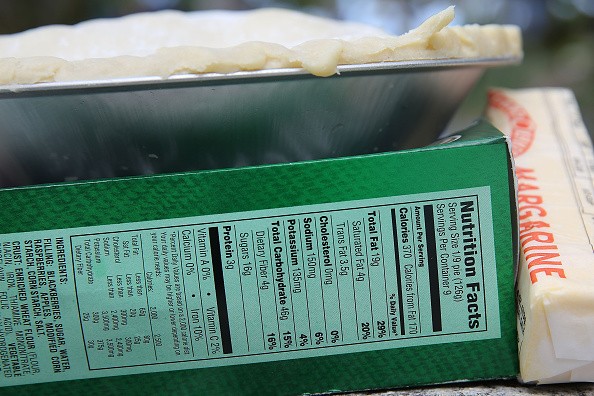
The U.S. Food and Drugs Administration (FDA) announced that it will require food makers to phase out most artificial trans fats over the next three years because they are a threat to public health. But what are trans fats?
A trans fat is created when hydrogen is added to a vegetable oil, which is why another name for trans fats is partially hydrogenated oils. This hydrogenation makes the oil more solid at room temperature and also increases the shelf life of the oil. Hydrogenated oils are used in processed foods to give them a better consistency.
The problem is that trans fats contribute to heart disease. They raise levels of bad cholesterol and lower levels of good cholesterol. Natural fats called saturated fats also do this, but trans fats are considered to be worse for heart health. Too much of any fat or oil is bad for you, but trans fats are worse in contributing to heart disease, which is the leading cause of death in the United States. Health experts tell people to try to stick to unsaturated or monounsaturated fats.
There are some natural sources of trans fats, notably in meat and dairy products, but most trans fats are artificial. The foods that contain trans fats include microwave popcorn, frostings, pie crusts, nondairy coffee creamers, stick margarine, and vegetable shortening, among many others.
The FDA is not completely banning the use of trans fats. If a food maker wants to use a trans fat as an ingredient, the company can petition the FDA, but the company would have to prove that there is a "reasonable certainty of no harm."
Food manufacturers have been phasing trans fats out of their products for several years, mostly because of FDA rules and because the public has been educated to avoid trans fats. The amount of trans fats in foods has already been lowered by about 78%, according to the FDA. The agency has required that food manufacturers list the amount of trans fats in the "Nutrition Facts" section of their product labels since 2006.



